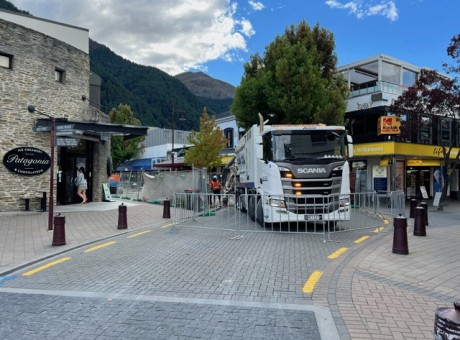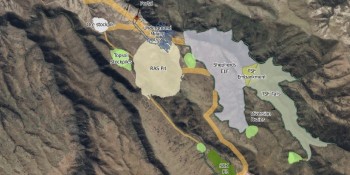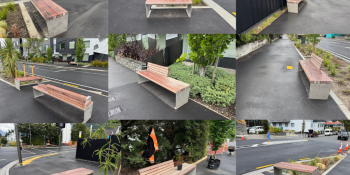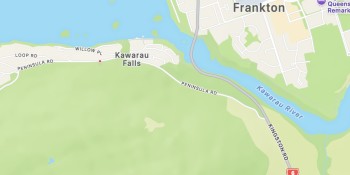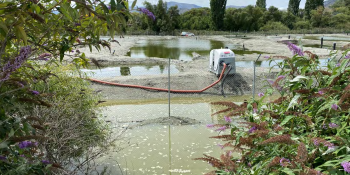Legal defeat for QLDC attempt to limit Airbnb
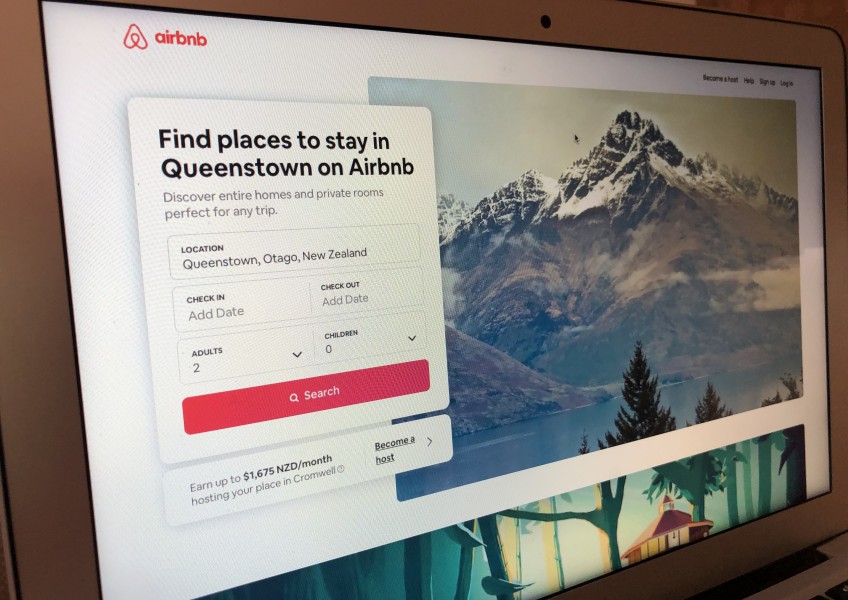
There’s been a blow for the Queenstown Lakes District Council as it grapples with what’s become a housing crisis across the district – it’s lost a years long battle with Airbnb to beef up the district plan to better regulate short-term rentals.
Yesterday the Environment Court ruled in favour of Airbnb, which in 2018 officially kicked off its opposition to district plan changes aimed at tightening the council’s control of Airbnb’s operations locally.
Mayor Glyn Lewers says the decision’s “frustrating”, especially as calls grow for the council to do more to control the spread of Airbnb in a squeezed housing market.
“We get asked ‘why aren’t you banning or changing Airbnb?’ Legally, we have to follow a process.”
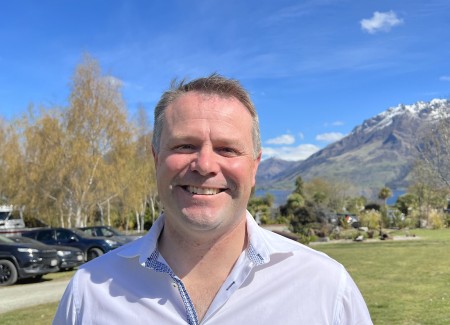
QLDC Mayor Glyn Lewers: 'We get asked ‘why aren’t you banning or changing Airbnb?’ Legally, we have to follow a process'. The council itself has 'very few legislative levers to pull for short term fixes'.
Among the latest raft of would-have-been new restrictions: requirements for at least a provided carpark per homestay, and 90-nights-a-year limits in certain neighbourhoods.
The issue of Airbnb is nuanced, and the mayor says he likes to distingush between mum-and-dad accommodation providers and psuedo-hotel operators.
“It’s a balancing act.”
In his view, a family helping to meet mortgage payments by renting a unit off the side of their home isn’t a problem; it’s the large homes divvied up entirely room by room on Airbnb, he says.
“That’s just not an even playing field. Buy a hotel if you want to run a hotel and meet the complaince costs that a hotel does. I think that’s a legitimate argument.”
Now, it’s back to step one, the mayor says, unless the council’s legal team can pull out specific points of law it can go back to the court on.
He’ll be seeking input today from his councillors as to whether they “have the appetitie” to start again with the necessary RMA process, he says.
But, based on the latest legal challenge, any potentially positive outcomes would be years down the track.
And that offers no assurances to Queenstown residents desperately seeking a place to call home now.
Residents continue to sell themselves in social media posts as they attend rental viewings alongside hundreds of others.
People are living out of vehicles, finishing work shifts and finding a place to pull over and sleep safely and legally for the night.
Mayor Lewers says he feels for people in that position, and acknowledges times are tough for many.
“As I said during the (election) campaign, as a kid I had that didn’t-know-where-I-was-going-to-live experience and that does weigh on you.”
Crux is aware of tentative plans for a public protest at Earnslaw Park in the week ahead.
The mayor says the issue isn't a new one, but people are feeling the squeeze particularly now, and his council is doing what it can.
“We’ve been talking about this since the 1990s – it’s an issue in the district that’s been ongoing and I acknowledge that right now we’re going through a very tight spot.”
But, as is often the case, the wheels of bureacracy turn slowly.
“We’re developing a housing action plan, which came from our housing strategy, which came from our housing taskforce.
“So, people calling for a housing taskforce, they’re going back to step one, we’re now further down the track.”
He’s expecting the housing action plan to be ready “in the next two months”, and it will define the next steps for the short, medium and long term, he says.
Staff at the council have been “drilling down” into issues of housing affordability and availablity as they play out in this district and looking at “system changes” that can be made, he says.
The QLDC dishes out plenty of consents – more than almost every other authority in the country.
The council’s own studies show there’s enough homes and enough available land to satisfy demand.
The problem is what’s being built.
“We’ve got an issue with the type of housing typographies we build in this district.”
Needed, are more homes under one-million dollars, he says.
But, a reality check: the council itself has “very few legislative levers to pull for short term fixes”, he says.
“This is going to be a collaborative effort. It’s not just local government - it’s central government and it’s also the business community as well, figuring out how we can get through this.”
There’s been meetings with Kai Tahu, the Ministry of Housing and Urban Development, Kāinga Ora, the local housing trust, and the Southland MP.
“We’ve got to work with everyone because it chips away at different aspects (of the problem).”
Read more: Queenstown’s housing crisis: our homeless, who aren’t poor
‘Pseudo-hotels’ require regulation: QLDC mayor








